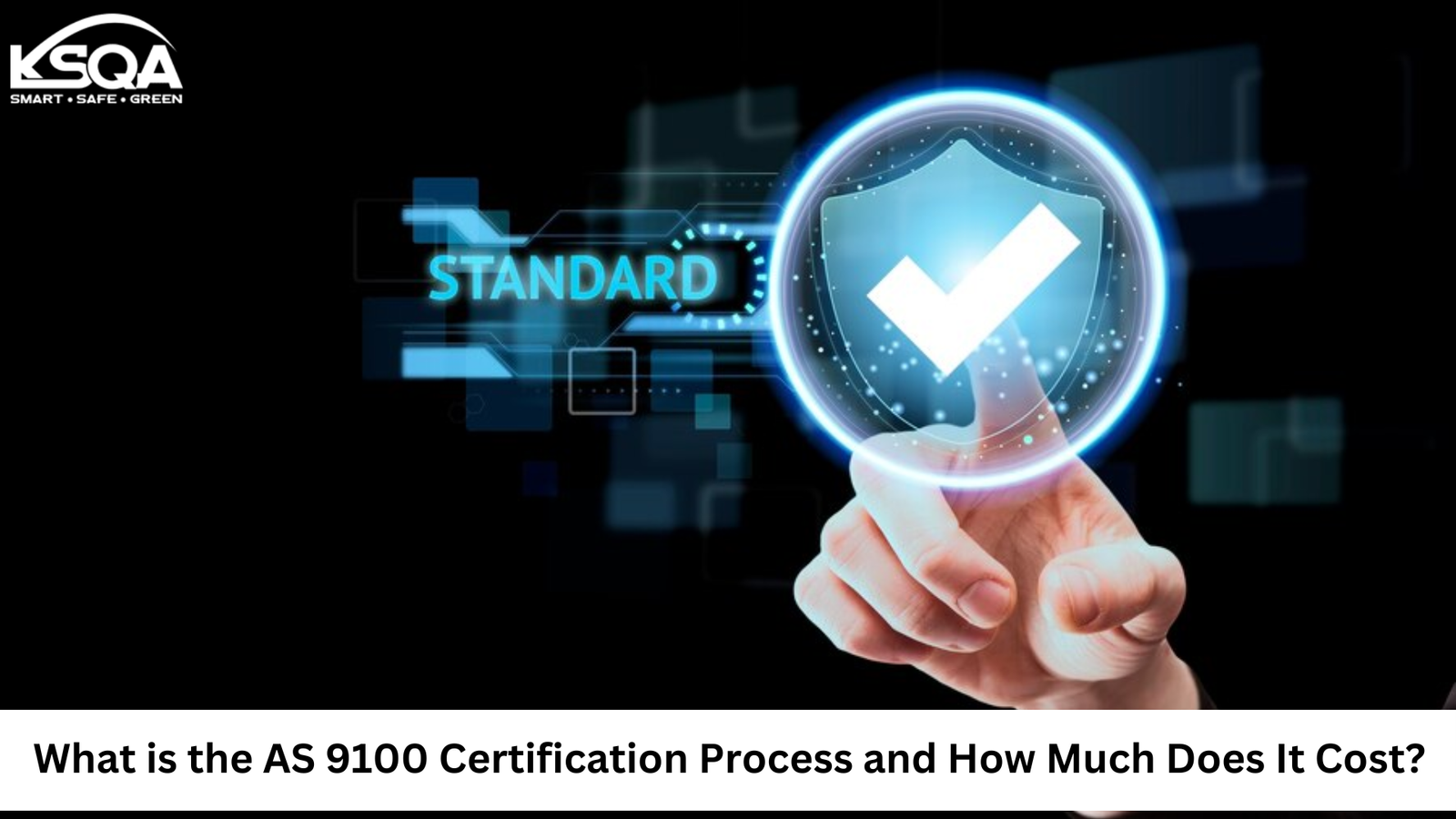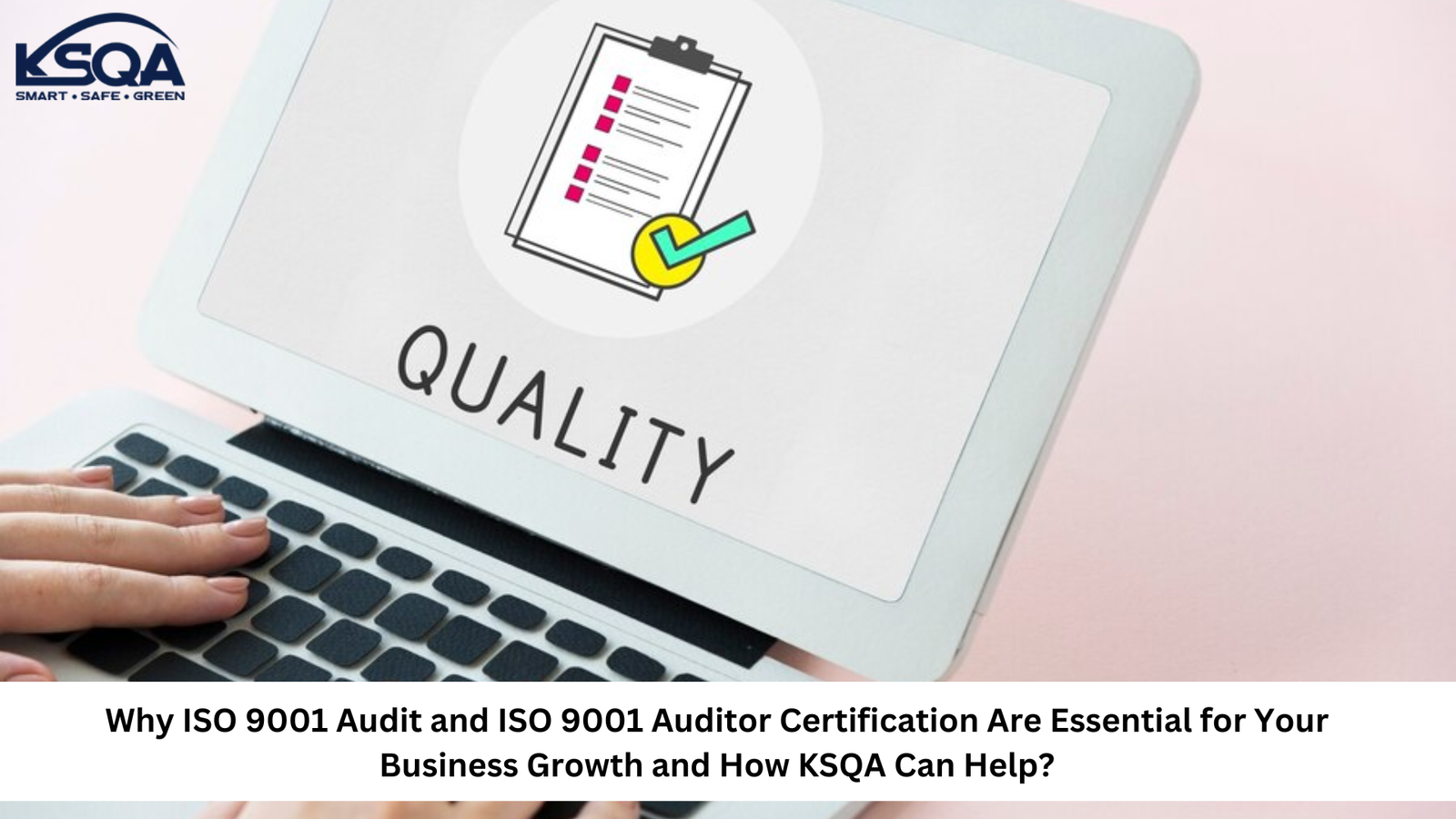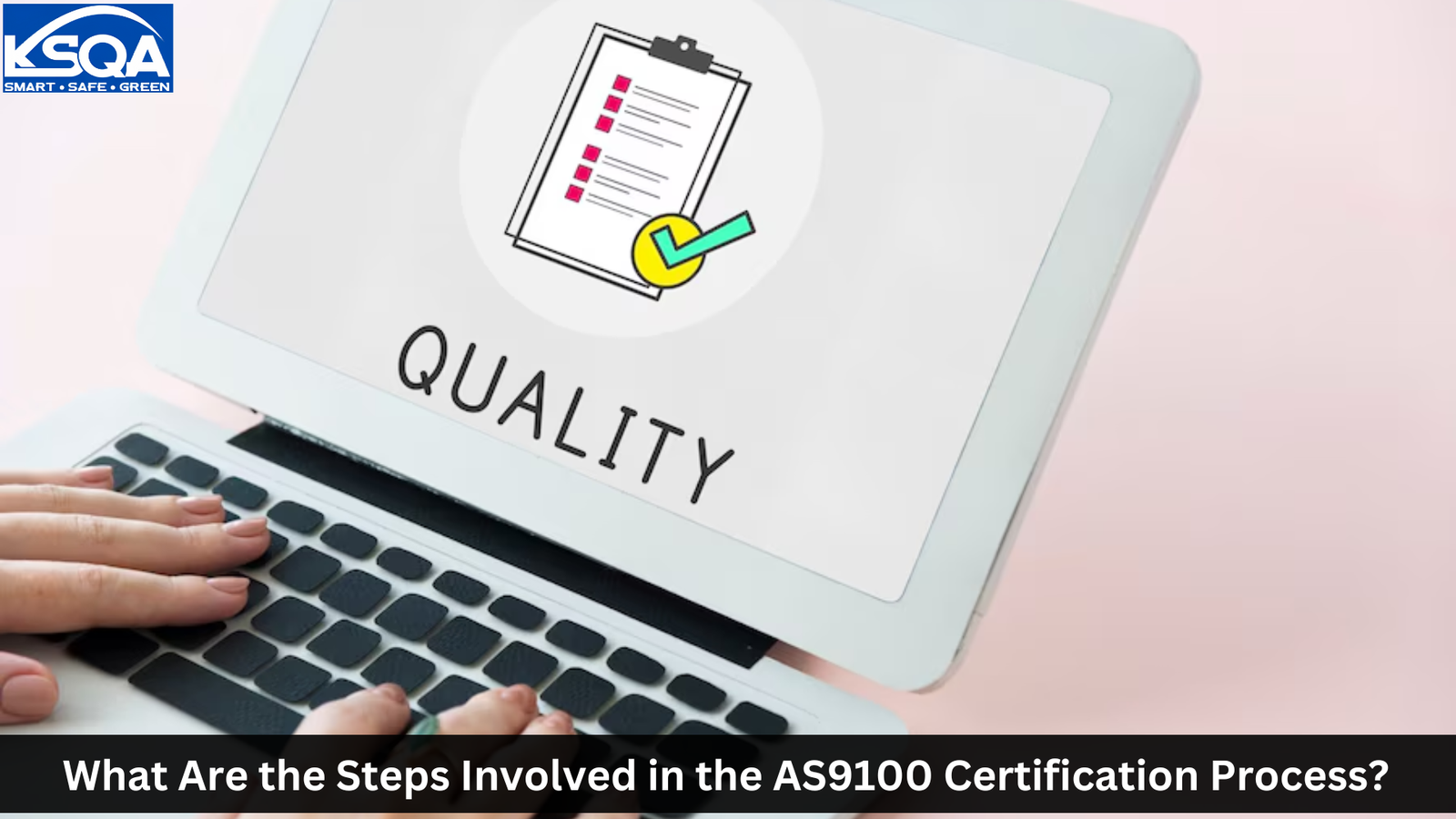ISO 9001 certification is crucial for many organizations across the domestic and international markets. This certificate ensures that an organization adheres to international standards. This certificate displays the commitment to serve with quality. Organizations can leverage it to stand out in the competitive market.
The training and certification process ensures individuals are equipped with essential skills, knowledge, and competence to conduct audits effectively and contribute to the improvement of quality management systems based on the ISO 9001 standard.
In this blog, we will discuss the details of ISO 9001 auditor certification, the cost for small businesses, and how organizations can get certification.
What is ISO 9001 Auditor Certification?
It is a credential awarded to individuals proficient in auditing quality management systems (QMS) based on the ISO 9001 standard. Auditor certification involves specialized training and assessment to ensure that individuals possess the necessary skills and knowledge to evaluate organizations' QMS compliance with ISO 9001 requirements.
Types of ISO 9001
Generally, two types of certifications are present:
Internal Auditor Certification: This certification is for individuals performing internal audits within their organizations. They play a crucial role in ensuring that the organization's quality management system (QMS) is effectively implemented and complies with the ISO 9001 standard.
Lead Auditor Certification: This certification is for individuals who lead and conduct audits for external organizations. These auditors often work for certification bodies or external audit firms. Their primary responsibility is to assess whether an organization's QMS meets the ISO 9001 standard for certification purposes.
Benefits of Having ISO 9001 Auditor For Organization
The presence of ISO 9001 auditors in an organization offers several benefits, contributing to the effective implementation and continual improvement of the Quality Management System (QMS). Here are seven key advantages:
Compliance with Standards: ISO 9001 auditors ensure that the QMS of an organization aligns with the requirements of the ISO 9001 standard. This compliance meets international standards and enhances the organization's credibility and market reputation.
Process Improvement: Auditors identify areas for improvement in processes and systems during audits and recommend organizations to streamline operations, reduce waste, and enhance efficiency.
Risk Identification and Mitigation: Auditors assess potential risks to the QMS, helping the organization identify and mitigate risks that could impact product or service quality.
Enhanced Customer Satisfaction: Auditors ensure organization processes are customer-focused, leading to improved customer satisfaction and loyalty.
Continuous Improvement Culture: ISO 9001 auditors encourage identifying opportunities for improvement, fostering a mindset of ongoing enhancement in all aspects of the business.
Preparation for Certification: Internal audits help the organization identify and rectify non-conformities before a certification audit, increasing the likelihood of successful certification.
What Is The ISO Certification Cost for Small Businesses?
The cost of obtaining ISO certification for small businesses can vary based on several factors. It includes the size and complexity of the organization, the industry in which it operates, the ISO standard for which certification is sought, the certification body chosen, and the existing management systems in place.
Here are some general considerations for ISO certification cost for small business:
Type of ISO Standard: The cost may vary depending on the specific ISO standard the business is seeking certification for (e.g., ISO 9001 for quality management, ISO 14001 for environmental management, ISO 27001 for information security, etc.).
Size & Complexity of the Business: Larger and more complex organizations may have higher certification costs due to the increased effort required to assess and implement the management system.
Certification Body: Different certification bodies may have other fee structures. Choosing a reputable certification body accredited by a recognized accreditation body is essential.
Consultancy Services: Many small businesses hire consultants to help them navigate the certification process, which can add to the overall expenses. However, some companies may handle the certification process internally to save costs.
Training & Documentation: Additional costs related to training employees and preparing documentation to meet ISO requirements are also included.
Audit Costs: Certification involves external audits, and the cost of these audits can vary. This cost includes both the initial certification audit and ongoing surveillance audits.
Maintenance Costs: Maintaining ISO certification involves periodic audits to ensure ongoing compliance. Businesses should budget for these surveillance audits and any necessary corrective actions.
Time and Resources: The time and resources invested by the business in preparing for certification also contribute to the overall cost. This includes the time employees spend on training, document preparation, and implementation of processes.
How To Get ISO Certification?
Obtaining ISO certification involves several steps, and the process can vary depending on the specific ISO standard for which you are seeking certification (e.g., ISO 9001 for quality management, ISO 14001 for environmental management, ISO 27001 for information security, etc.).
Here is a general guide on how to get ISO certification:
Determine the applicable ISO standard: Identify the relevant ISO standard for your business and industry. Different standards apply to various management aspects, such as quality, environment, information security, etc.
Understand the Requirements: Familiarize yourself with the requirements of the chosen ISO standard. ISO standards provide a framework for best practices in various areas, and compliance is typically verified through a certification process.
Create a Management System: Develop and implement a management system that aligns with the requirements of the chosen ISO standard, which involves documenting processes, procedures, and policies demonstrating how an organization meets the standard's criteria.
Training & Awareness: Ensure that your employees are trained and aware of the requirements of the ISO standard. This may involve training sessions to educate staff on the relevant processes and procedures.
Internal Audit: Conduct internal audits to assess your management system's effectiveness and identify improvement areas. Internal audits help prepare for the external certification audit.
Corrective Actions: Address any non-conformities or areas for improvement identified during the internal audit. Implement disciplinary actions to ensure your management system meets the ISO standard requirements.
Choose a Certification Body: Select a reputable certification body for the external certification audit. Ensure that a recognized accreditation body accredits the certification body. You can obtain quotes from different certification bodies to compare costs.
External Certification Audit: The certification body will conduct an external audit to assess whether your management system complies with the ISO standard. This audit typically includes a review of documentation, interviews with personnel, and an on-site inspection.
Certification Decision: Based on the external audit results, the certification body will make a certification decision. If your organization meets the requirements, you will be awarded ISO certification.
Surveillance Audits: Maintain compliance with the ISO standard by undergoing periodic surveillance audits conducted by the certification body. These audits ensure ongoing adherence to the standard.
Continuous Improvement: Continuously monitor and improve your management system. Use feedback from audits, customer feedback, and other sources to identify areas for enhancement and implement corrective actions.
Conclusion
ISO 9001 Auditor Certification is valuable for small businesses seeking to enhance quality management systems. Small business owners can prioritize internal auditor certification or seek cost-effective training options in case of budget constraints.
When considering ISO certification for small businesses, it's crucial to assess the specific needs and intricacies of the organization. Certification costs are a crucial component to consider for small organizations.
KSQA is ready to assist you in elevating trust and quality and exploring opportunities with years of expertise in rendering ISO certification under our guidance. Get in touch with us for assistance with ISO certification.






.png)
